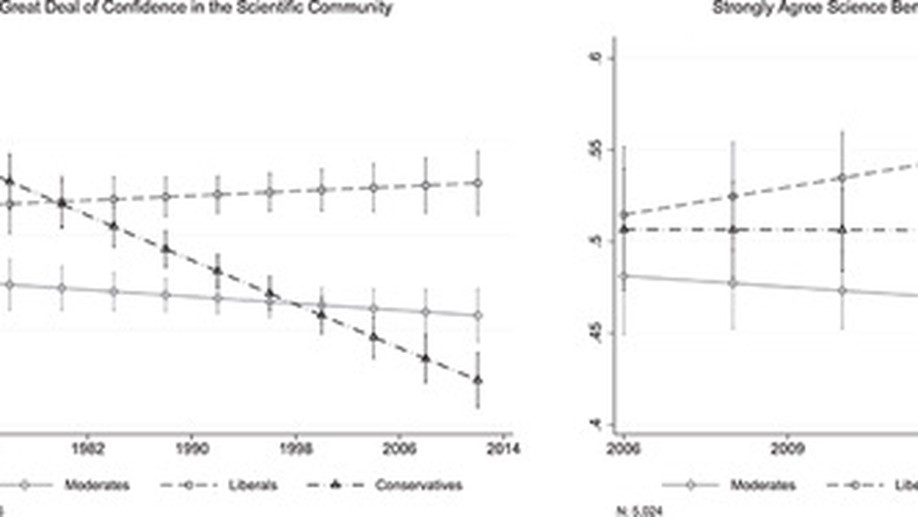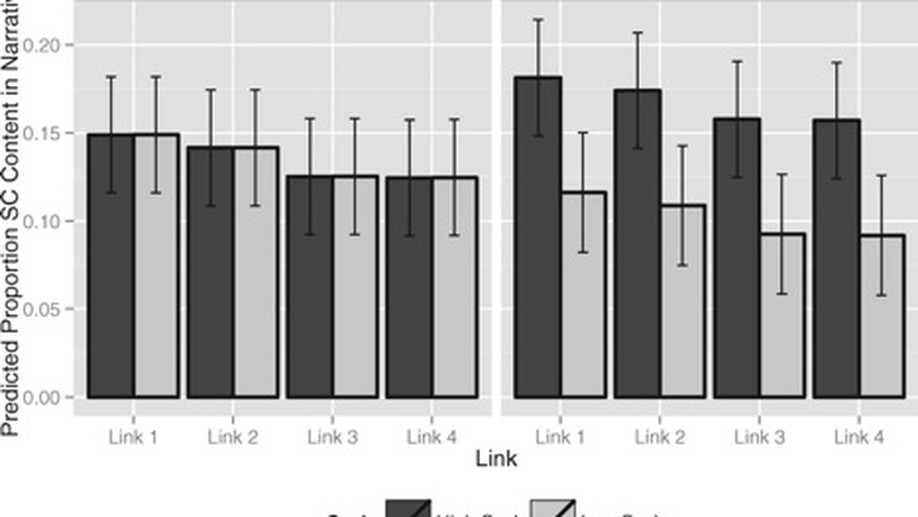Marcus Mann
Assistant Professor of Sociology
Purdue University
Biography
Marcus Mann is an assistant professor of sociology at Purdue University. His overarching interest is in how conflicting cultural knowledge authorities affect individuals’ perceptions of science, politics, religion, and reality more generally. He has studied this general question in the context of atheist social movements, polarization in political media, and attitudes toward science and scientists. Currently he is working on several projects related to political media diets and susceptibility to political disinformation and extremism.
Interests
- Political Sociology
- Sociology of Knowledge
- Computational Social Science
Education
PhD in Sociology, 2019
Duke University
MA in Sociology, 2017
Duke University
MA in Religious Studies, 2013
Duke University
BA in English Studies, 2008
University of Massachusetts - Amherst




